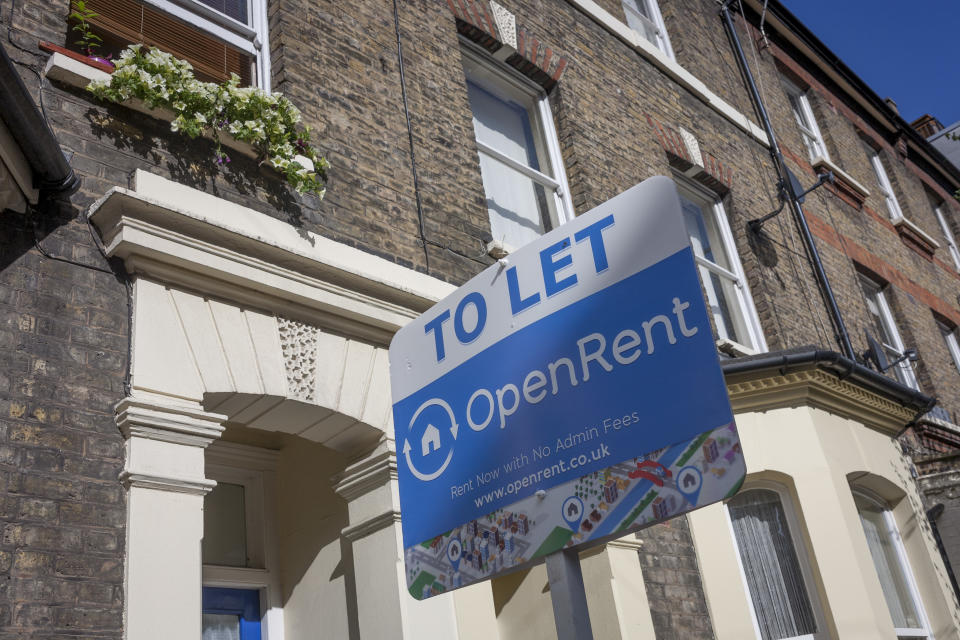Property renting: the pros and cons of having an absentee landlord

An absentee landlord is someone who owns a property and has little or nothing to do with it when they rent it out.
Often this is because they are quite literally absent, meaning they are located somewhere else and do not live near the property they invested in.
But the term can also refer to a landlord who simply does not want the hassle of being a landlord, perhaps instead delegating the responsibilities to an agent instead.
Here’s a rundown of the pros and cons of having an absentee landlord.
The Pros
Privacy
If you have a landlord on the doorstep, or even living in the same property, then they may become overbearing.
Nearby landlords are much more inclined to visit the property regularly, even if they stick to the rules. And many do not stick to the rules.
But with an absentee landlord, such visits are likely to be much rarer, even if they have passed on the responsibilities to an agent.
This means you will probably be left in peace and given space so that the property actually feels like it’s yours.
Transactional relationship
Some landlords can be over-friendly, a problem that ties into the privacy issue above. Landlords who are personally involved may also be sentimental about their properties.
However, absentee landlords tend to be in it purely for the money, and are therefore likely to be transactional in their approach.
This way, each party knows where they stand, everything is done to the letter of the law, and there are no complications caused by a landlord’s feelings.
More freedom
If a landlord wants little to do with the property they own, chances are you’ll get a bit more freedom to make the property your own through redecoration, DIY, and so on.
Of course, this will need to be done with all the correct permissions and to proper standards, but an absentee landlord is much more likely to agree to such things because they have no attachment to the property — other than a financial interest.
The Cons
Contact
Absentee landlords may be difficult to contact, even for the agent, when things need to be signed off by the property owner.
This can cause delays and frustrate tenants who need answers to their queries or solutions to their problems.
Sometimes you may not even know who the landlord is if their details are hidden on the freehold, which is far from ideal.
Responsibilities
Landlords have responsibilities to maintain their tenanted properties to a minimum standard for reasons of health and safety.
Getting an absentee landlord to uphold those responsibilities is harder than if you have one living around the corner.
They are not as easily contacted or may be removed from the whole situation via an agency, which will work hard to keep its own costs down and so may be somewhat reluctant to do much.
You are putting more faith in an absentee landlord that they, or their agents, will uphold their end of the tenancy agreement.
Absentee landlords have a reputation for not looking after their properties so you risk facing a legal and regulatory battle by renting from one.
Freeholder issues
If you’re a leaseholder and you have an absentee freeholder, lenders may be wary about giving you a mortgage because the landlord might not be on hand to uphold the terms of the lease, help settle disputes, or cause legal complications down the line.
This can be mitigated by taking out absentee freeholder indemnity insurance. The leaseholder also has rights under the law to acquire the freehold if the landlord cannot be found.
But having an absentee landlord when you own a leasehold is a complicated legal headache and, if possible, best avoided.

 Yahoo Finance
Yahoo Finance 